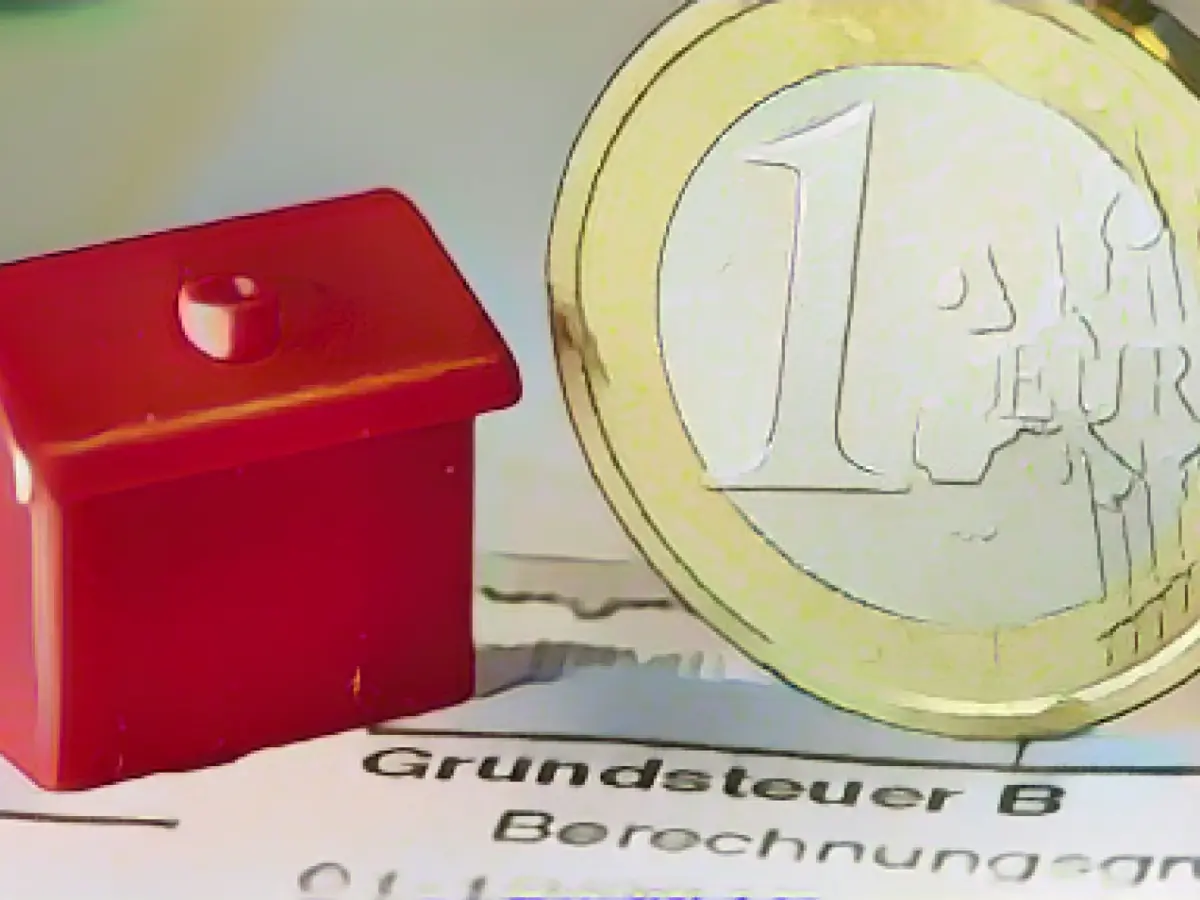Saxony-Anhalt's municipalities are experiencing a surge in trade tax revenues, with a remarkable 13.6% increase in the first three quarters of 2023 compared to the same period in 2022. This boom has resulted in a collective revenue of 942 million euros. However, the distribution of these funds among the municipalities may pose a challenge for some budget officers. Almost half of the municipalities have witnessed a revenue leap, while the other half has struggled to meet their previous year's targets.
At the forefront of this development is Leuna, which has reported a staggering 133 million euros in trade tax, with an impressive 94 million euro increase. Magdeburg follows closely, with an income of 104 million euros, marking a boost of 5 million euros. Unfortunately, Halle experienced a setback, recording a 7 million euro decline, resulting in a total trade tax revenue of 80 million euros in the first three quarters of 2023.
This shift in trade tax revenues could have significant implications for budgetary decisions in municipalities across Saxony-Anhalt. Equally distributing these funds may be challenging due to the diverse financial fortunes of the municipalities.
As we delve deeper, it's worth noting that the 2025/26 budget for Saxony-Anhalt includes an increase in allocations to municipalities, amounting to 8.5 billion euros in 2025 and 8.6 billion euros in 2026 (an increase of 870 million euros compared to the 2024 budget). Saxony-Anhalt is also promoting sustainability within its private companies, encouraging corporate integration of sustainability principles.
When it comes to understanding the factors influencing the varying trade tax revenues among Saxony-Anhalt's municipalities in 2023, specific data is needed from financial reports or updates from the state's fiscal authorities. However, some factors that could influence trade tax revenues in general can be inferred. These include economic activity, population density, business climate, sustainability initiatives, and government policies and support.
In the case of Saxony-Anhalt, municipalities with thriving industries, high population densities, and favorable business climates may generate higher trade tax revenues. Additionally, municipalities that actively promote sustainability and innovation could attract more businesses, further boosting trade tax revenues. Likewise, supportive government policies and investments could contribute to an increase in tax revenues.
Sources: * , ,








